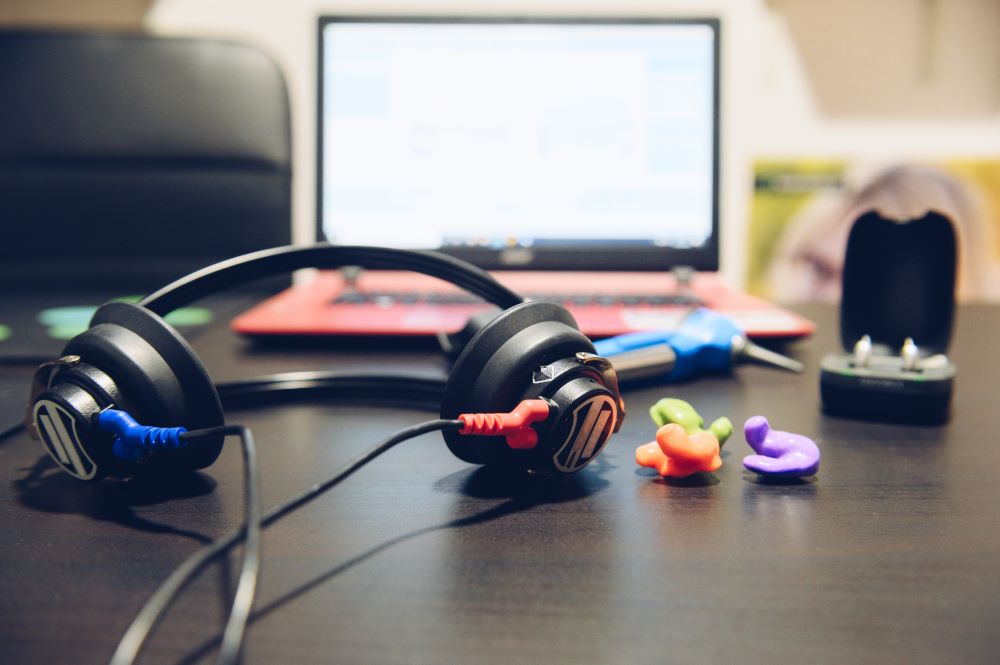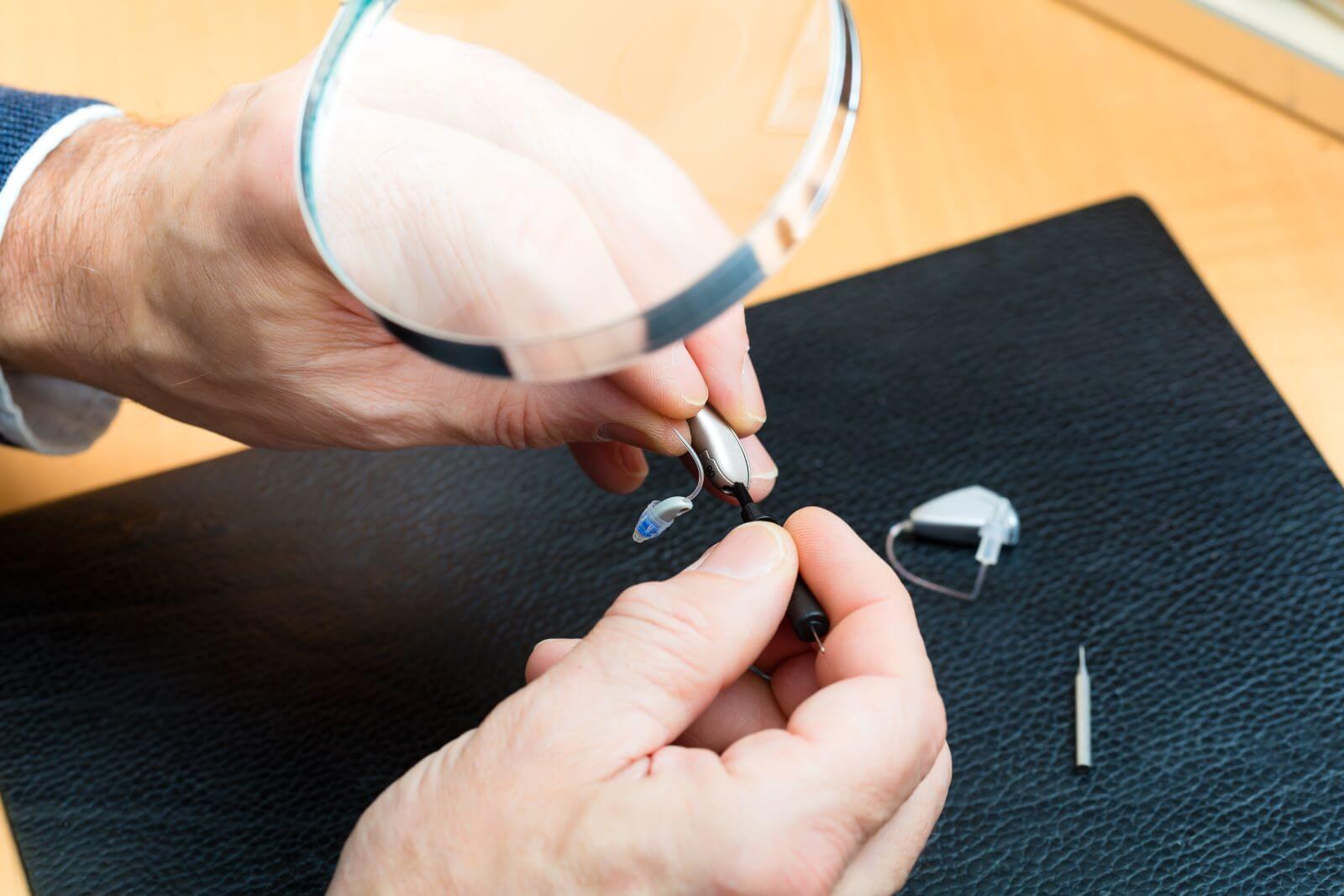Services

Your Trusted Provider for Comprehensive Hearing Care

Hearing Evaluation: Accurate Assessment of Your Hearing Needs
At Oregon Hearing Health Services, we offer comprehensive hearing evaluations to assess the extent of your hearing loss and determine the best course of action for your individual needs. Our experienced hearing aid specialists use state-of-the-art equipment to conduct thorough assessments and provide accurate diagnoses.

Hearing Aid Dispensing & Fitting: Personalized Solutions for Better Hearing

Hearing Aid Repair & Maintenance: Extending the Life of Your Devices
At Oregon Hearing Health Services, we understand that maintaining the functionality of your hearing aids is crucial for your overall well-being. Our skilled technicians have the expertise and tools to efficiently diagnose and repair a wide range of hearing aid issues. We also offer regular maintenance services to keep your devices in top condition, ensuring they provide precise and reliable sound.
Trust Oregon Hearing Health Services for all your hearing care needs. Schedule an appointment today and experience the difference our comprehensive services can make in improving your quality of life.
